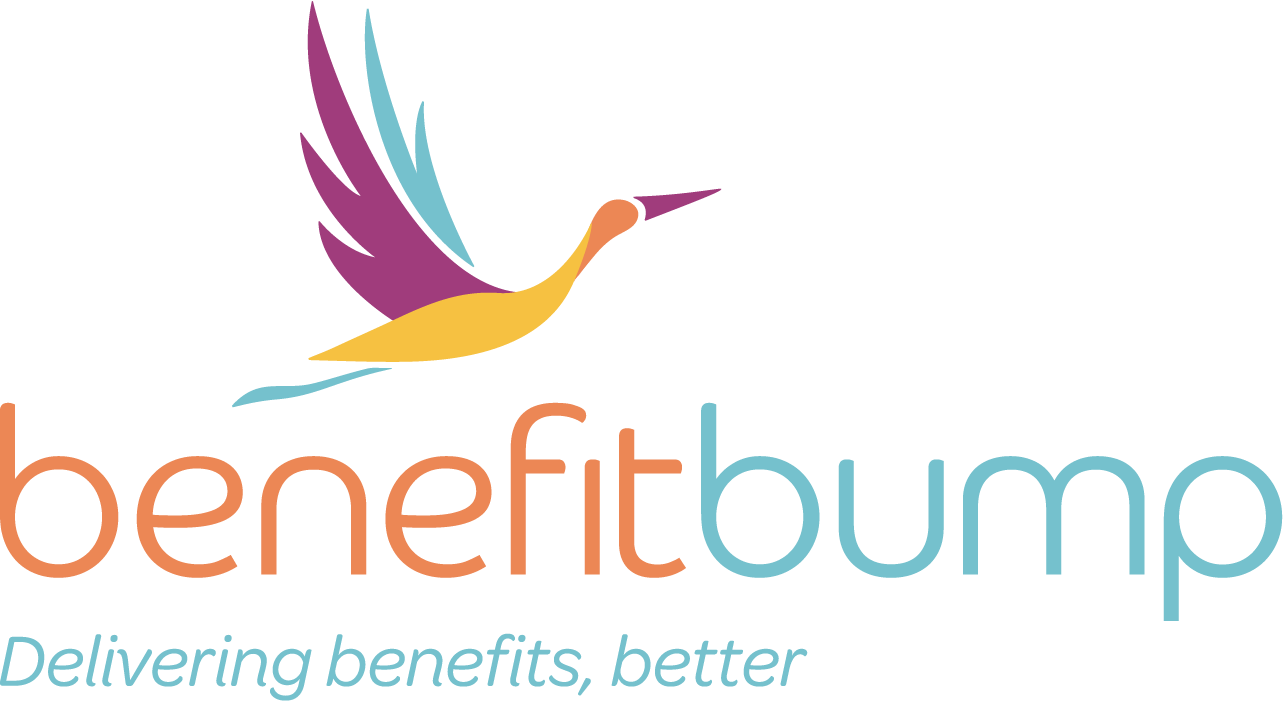Community Supports for Growing Families
Parenthood can sometimes feel isolated. Connecting to other parents in your community can help you feel more supported and included. In this article we’ll outline some resources for community-based support programs for parents.
Organizations that Support Black Moms
Organizations and groups have come alongside Black moms, offering support and encouragement through several platforms to provide resources of knowledge, along with solidarity and strength. These are a few:
Black Mamas Matter Alliance - Advancing Black Maternal Health, Rights & Justice
BMBFA | Black Mothers' Breastfeeding Association (blackmothersbreastfeeding.org)
To access the full list: 16 Organizations That Support Black Moms and Families (verywellfamily.com)
Homeschooling
If you homeschool your child(ren), the following groups are located across the US and can offer helpful advice, resources, curriculums, and other families to connect with:
Grandparents of Homeschoolers provides grandparents and other loved ones a place to connect and learn about homeschooling. This nonprofit organization offers access to online homeschool resources such as events, information, discounts on materials, and networking opportunities.
National Black Home Educators (NBHE) offers resources and support to Black homeschooling families. This nonprofit organization gives members the opportunity to access resources like encouraging stories about Black families and lives, attend events, be notified of homeschooling news, and connect with each other.
National Home Education Research Institute (NHERI) is an organization that focuses on research relating to homeschooling. For example, homeschool families can access scholarly research and other educational resources as well as the chance to sign up for notifications about new research findings.
To access the full list of homeschooling groups: Guide to Homeschool Organizations & Groups | Study.com
Government-Provided
These resources offer government support:
· The CDC helps parents get the support they need: Supporting Parents to Help Children Thrive | CDC. Legacy for Children™ (Legacy) is a group intervention for mothers and children to help children from families with few financial resources grow and learn.
· Parent to Parent – one-to-one emotional support for parents of children who have disabilities or special health care needs.
For a detailed list of Child Welfare Programs: Parent Support Group Programs - Child Welfare Information Gateway
Faith-Based (church or other spiritual “home”)
Churches or other spiritual groups can also be a great resource. Check your local church for parenting or support groups.
Neighborhood
Some neighborhoods have a Facebook group or a website that you can use to connect with other parents. This can be extremely convenient because they’re most likely right down the street! Whether you need to get advice on which preschool to enroll your child, which diapers to use, or just want to find someone to talk to with similar aged kids – this can be a great resource.
Local Library
Search your local library’s website for story times, play groups, music groups, and even parenting groups. They are a great free place to meet other parents and pick up a few new good books while you’re at it!
Parenting and Support
These are a few resources that offer support no matter your situation:
Circle of Parents | Sharing Ideas. Sharing Support. - non-judgmental and champion positive, non-abusive, parenting.
Find a Support Group | Parents Helping Parents - is for parents who are working toward reunification with their children. Certificates are awarded after you attend for eight weeks.
Lunch Break Support Group - This is a great option for busy parents who may only have their lunch break available to log on and get the help they need.
Single Parents Support Group – support for single parents.
For a more comprehensive list of parenting groups: Find a Support Group | Parents Helping Parents
Local YMCA, YWCA or other gyms
Your local YMCA may have free parenting groups or events. Check them out!
Maternity Support Groups
The hospital where you give birth will often have a support group. If you haven’t received any information from your provider, you may want to ask them about support groups at your next visit.

